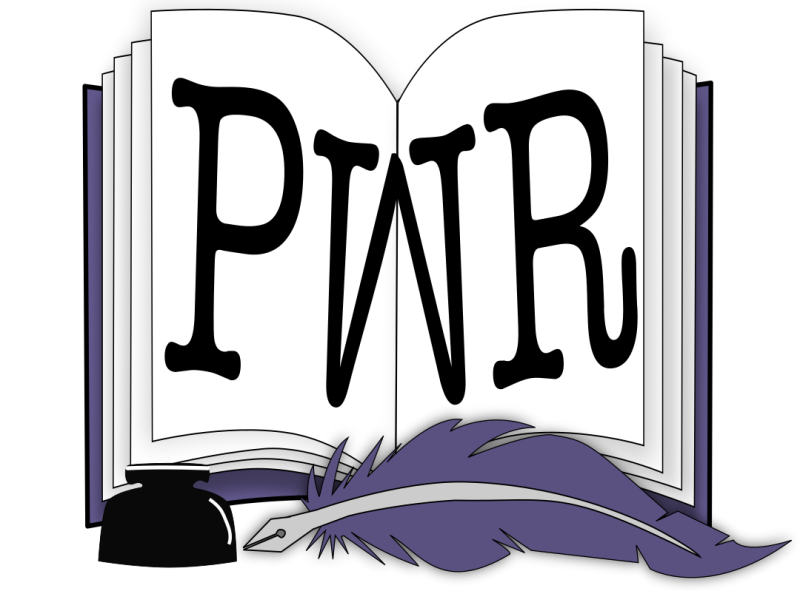By Theresa Hughes a professional writing student at Taylor University
A few days ago, I had the opportunity to re-watch the new movie, Wonder Woman. Apart from it simply being an enjoyable movie, Wonder Woman has all the things a good movie should. It has three dimensional characters, a good character arc for the main character, and a plot twist that you don’t see coming.
The first time I saw it, I asked my dad what he thought and he replied, “I liked it. It was good.” This response boggled my mind. Didn’t he realize how well done the character arc was? Didn’t he notice the in-depth Christian-like morals woven into the plot? Didn’t he appreciate the well-executed hero’s journey? And the answer is no. He didn’t. Because he isn’t a writer.
As writers, we look at the world differently. Where other people see strangers, we see characters. Where others see a beautiful photo, we see a setting for a fantasy novel. And where others see a good movie, we see inspiration.
When writers watch movies, we look at more than just the surface level entertainment factor. We look at the character development, the plot structure, the dialogue, and the theme. For example, in Wonder Woman, there is a moment in the beginning of the movie where Steve, a soldier, watches as the Amazons use a shield to vault one of their warriors into the air. Later on, Steve uses this same technique to help vault Diana into the upper level of a tower. This entire exchange happens without anyone saying a word about how it works. As a writer, I viewed this as an excellent use of foreshadowing that assumes its audience is intelligent enough to understand what the characters are doing and why.
Wonder Woman also weaves the theme of the story naturally into the dialogue and plot. The theme isn’t stated until the very end of the film, yet it weaves perfectly into the story. The audience watches Diana interact with people as she sees their hatred and depravity, as well as their kindness and humanity. When the movie comes to a climax, she is told that humans don’t deserve her, which calls back to the dialogue spoken by a few different characters. But because of everything Diana has seen and been through, her final answer is believable and sums up what she has learned. She replies, “It’s not about deserve. It’s about what you believe. And I believe in love.”
Movies provide a way for writers to study the things that make a story great or what makes a story terrible. By asking why we enjoyed a movie or why we hated it, we can point out specific parts of the story, writing, or characters that worked or didn’t. We can take good movies and watch them many times, each time noticing a new snappy line of dialogue or the way a minor plot point weaves into the main story. We can note how a theme was woven in well or shoved in our faces. Bad movies help us better understand what didn’t work. Did the story not make sense? Was the dialogue blocky? Were the characters stagnant throughout the entire movie?
These are the types of things writers can learn by watching movies. There is no other form in which writers can take in an entire story in one sitting (except perhaps a really good book that you read all at once). Movies give us the opportunity to pause and analyze lines, watch how the story is shown, not told, and quickly see the change in a main character from the beginning to the end. Writers shouldn’t shy away from movies because they are a different medium, but instead, should use them as an opportunity to grow into better writers. And better writers all start in the same place, as good watchers and good readers.
Photo by Karen Zhao on Unsplash

